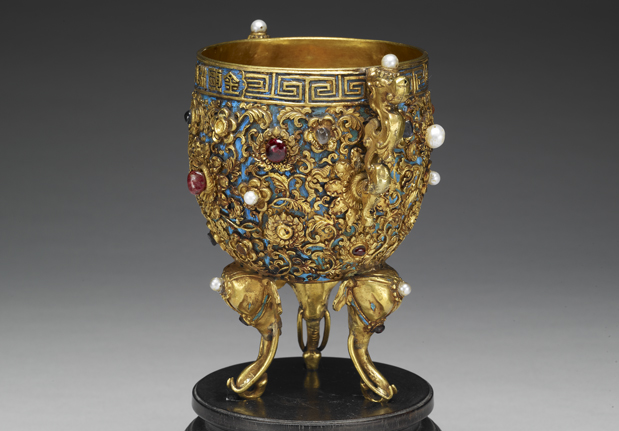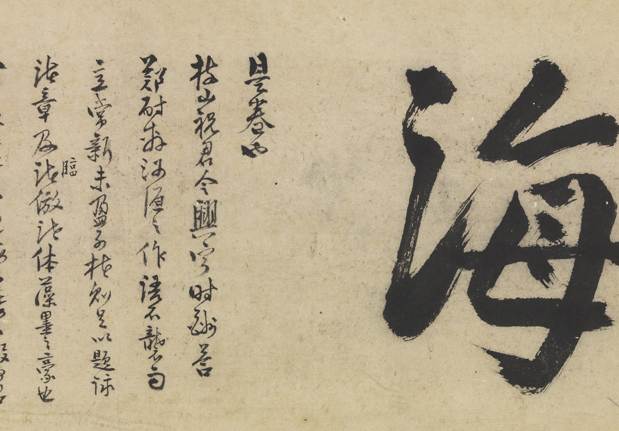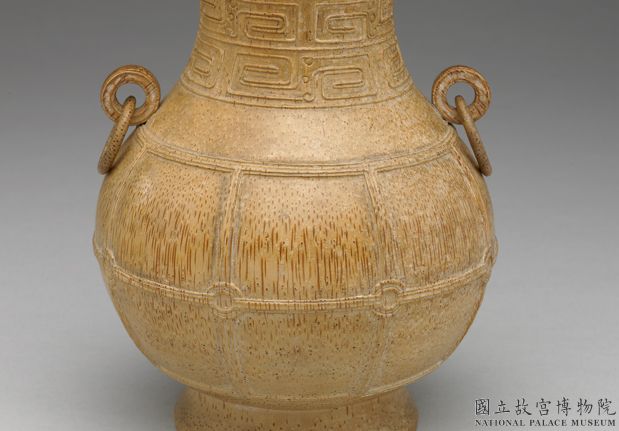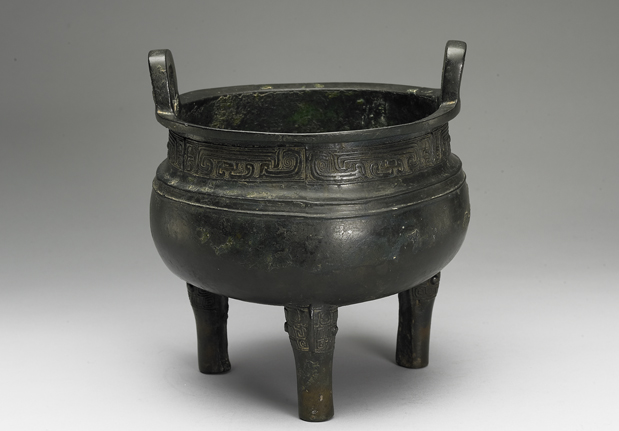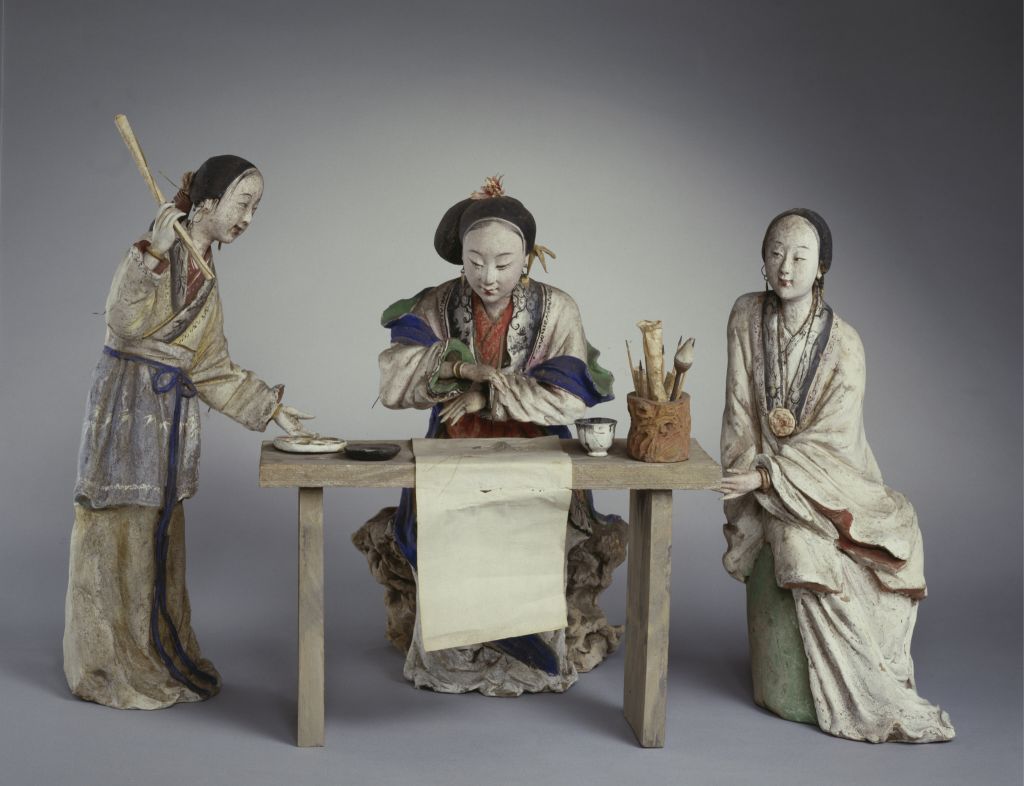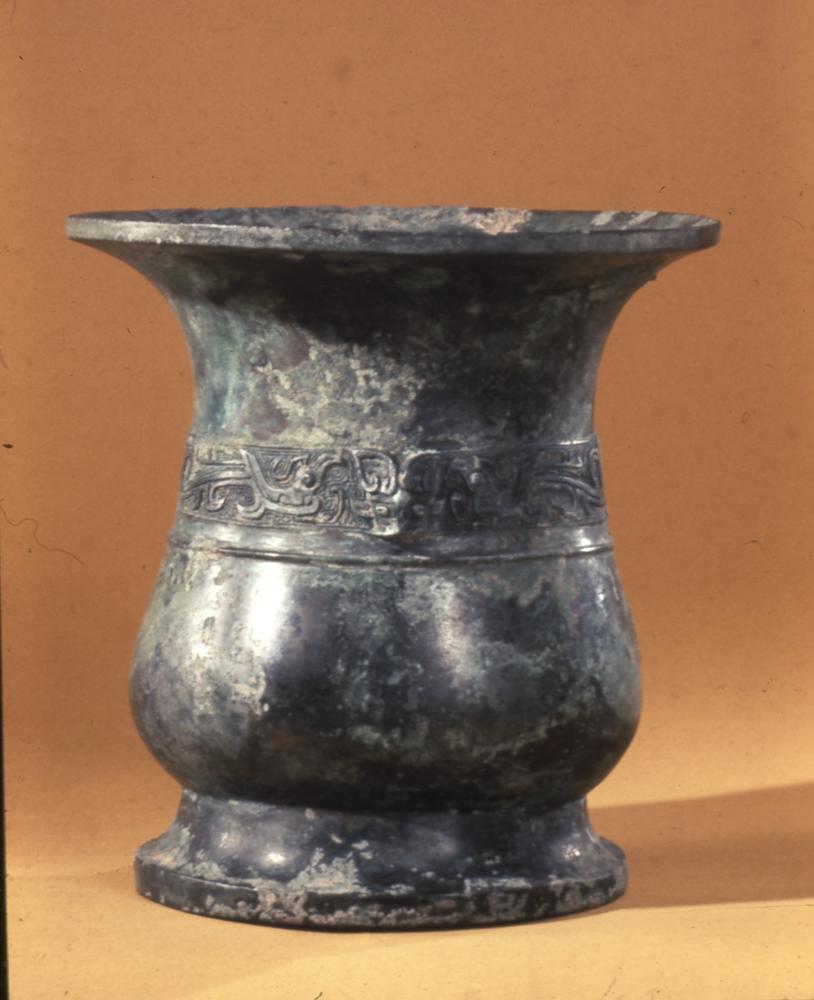[Xu Wei’s Cursive Seven-letter Poetry Axis]
Seven-letter Poetry, Ming Dynasty, Xu Wei’s book, paper book, vertical axis, 209.2 cm vertically, 64.4 cm horizontally, cursive script, 4 lines, 73 characters
Explanation:
The spring garden drizzles and the evening is magnificent, and the leek leaves are used as a hedge to make the meaning long. The Old Testament left a message for a long time next year, and the new vegetables gave out a bunch of mud. Liang Chen has already felt that the swallows are flying in the river, and the shadow of the hat is shifting and disturbing the begonia. It is unavoidable to be drunk and ponder, but worry about not driving to annoy others. Drunken guard under the Begonia tree, night and night abstinence, Tianchi Mountain people Wei
The seal on this picture is “Tianchi Mountain Man” and “Qingteng Taoist”, and the first seal is “Gongsun Aunt”. The collection is printed with “Yushan Zhang Rongjing Collection”, “Dream Zen”, “Shu” and other eight aspects
This seven-letter poem is found in the Collection of Xu Wei, which is entitled “After passing Chen Shou Jing, leaving rice under the Begonia tree, giving the night rain and cutting spring leeks”
The calligraphy of “Seven Rhymes” is also official and regular, and is also cursive. It is unbridled, weird and magnificent. It does not stick to the same style, and it forms a whole. It clearly reflects Xu Wei’s unrestrained and arrogant personality and artistic idea of expressing his mind. Yuan Hongdao, a famous writer at the end of the Ming Dynasty, rated him as “the chivalrous man of the word forest”.
![图片[1]-Xu Wei’s cursive seven-letter poem axis-China Archive](https://chinaarchive.net/Ming dynasty/model calligraphy/8779[1024].jpg)
